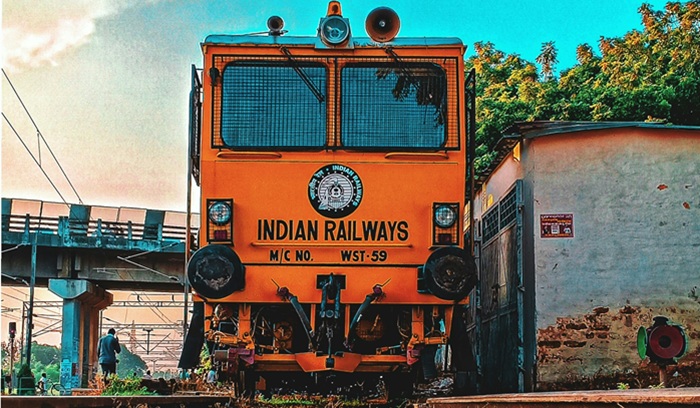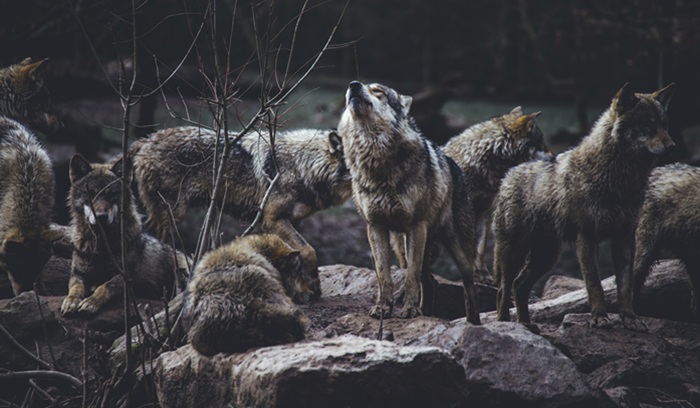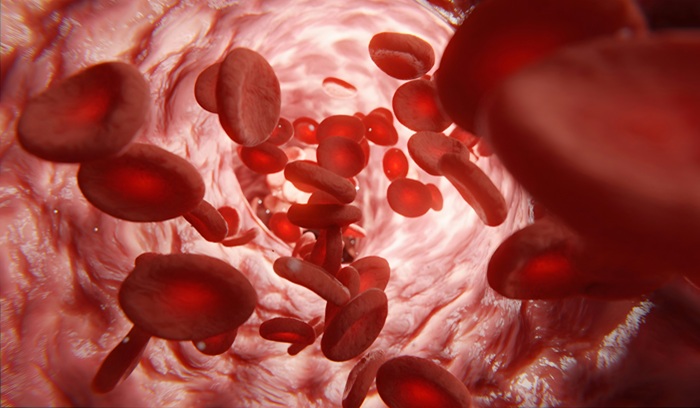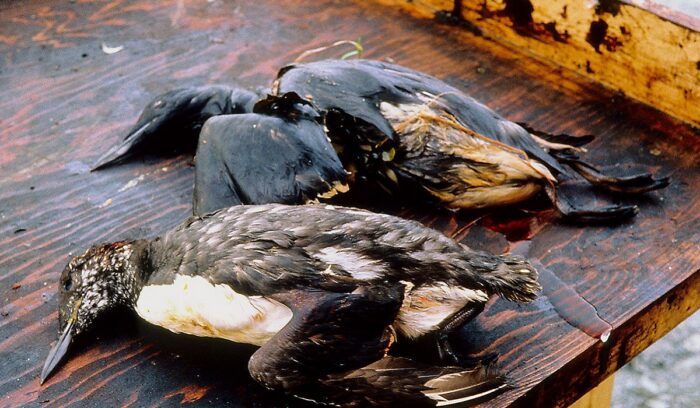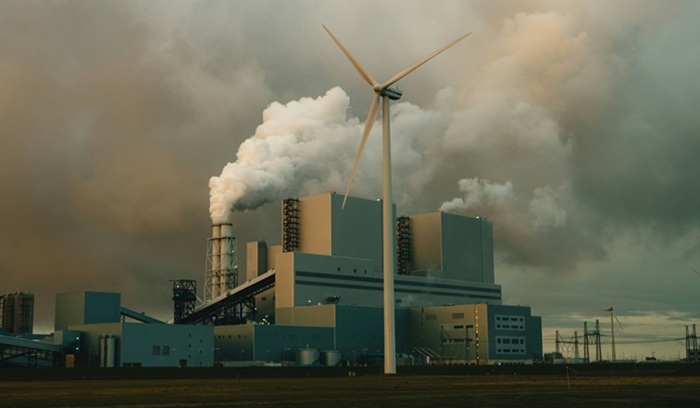Italy extends legal recognition to same-sex mothers in major court ruling
In a landmark move bringing Italy in step with many of its European peers, the Constitutional Court has ruled that both women in a same-sex couple who conceive a child abroad via medically assisted reproduction must be legally recognized as parents. This decision marks a significant stride toward legal parity and stability for LGBTQ+ families across the country.

